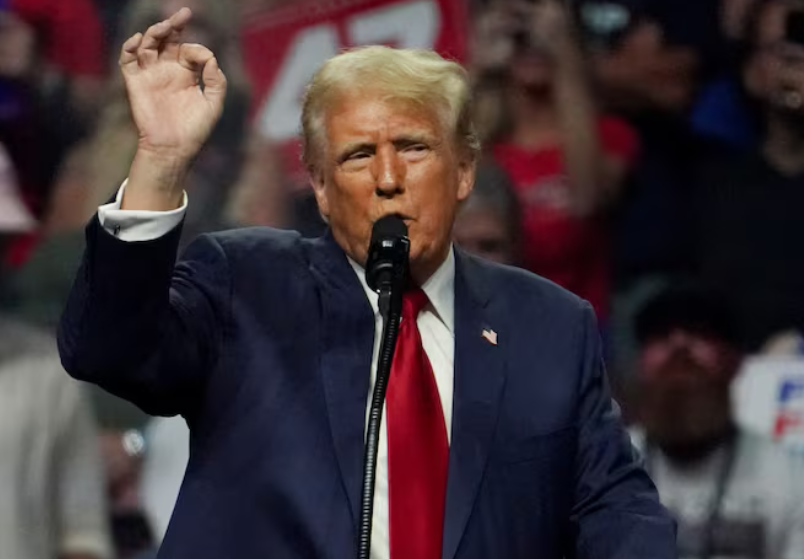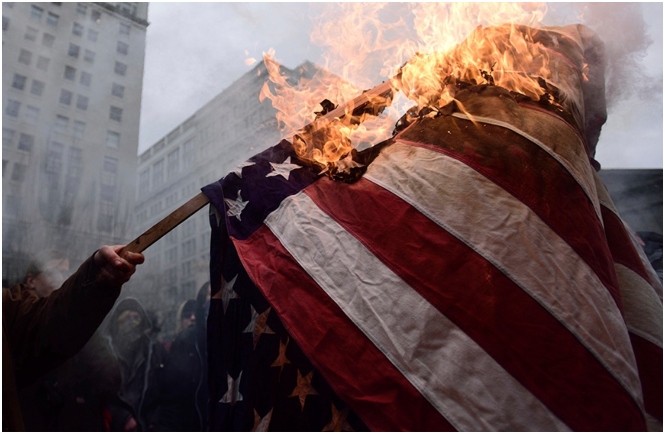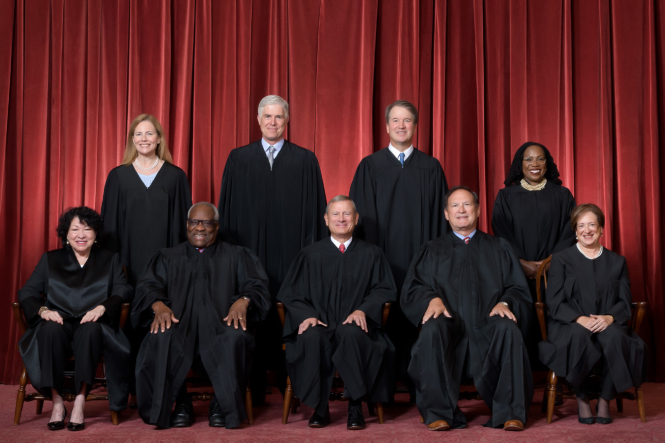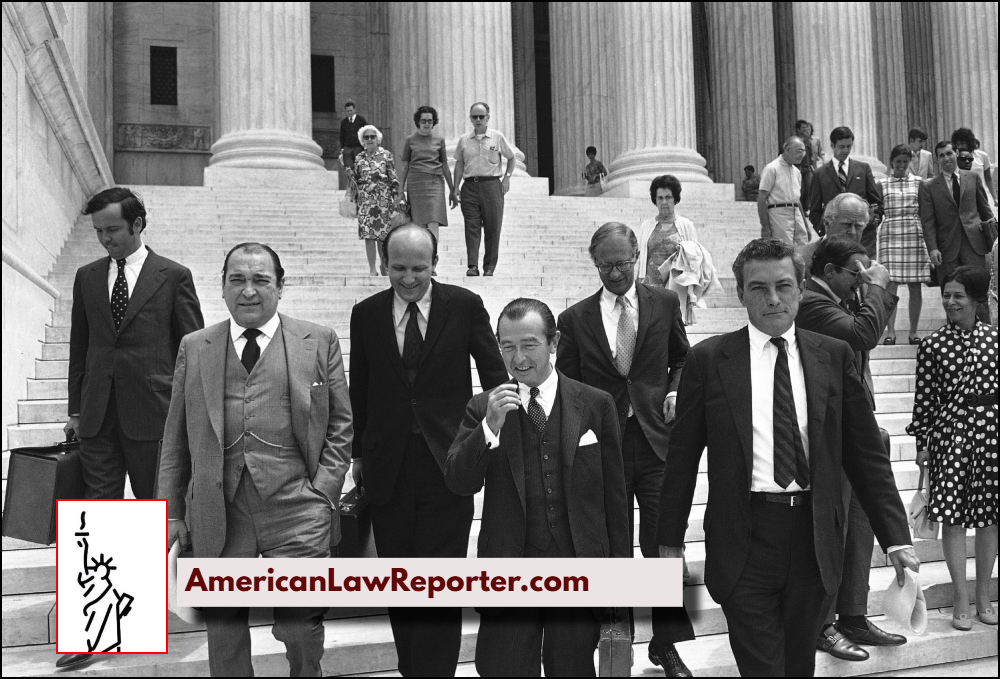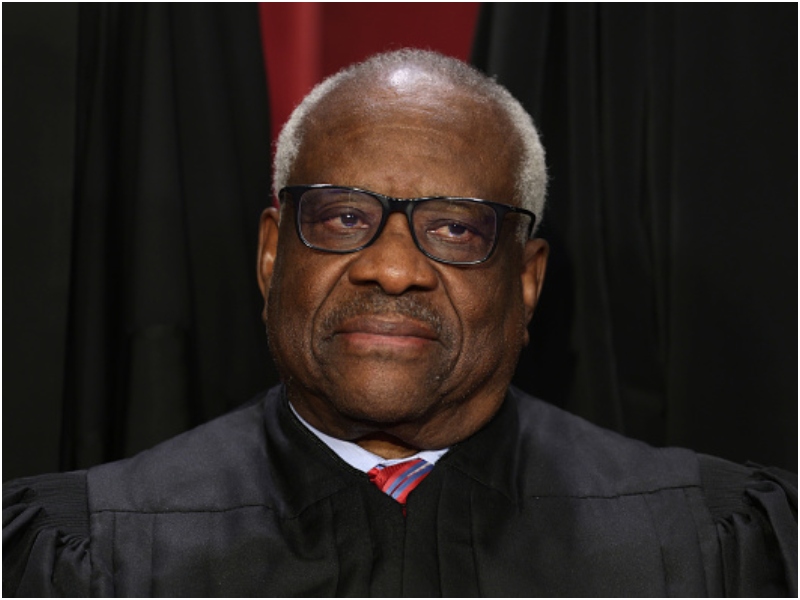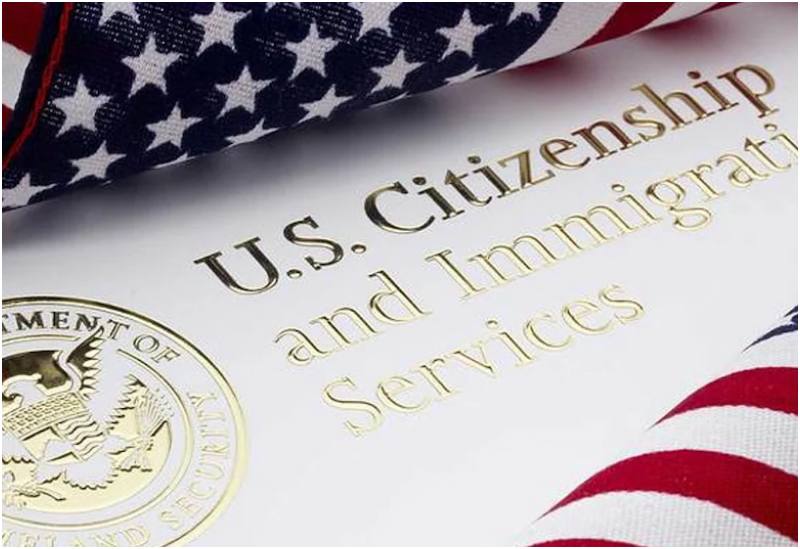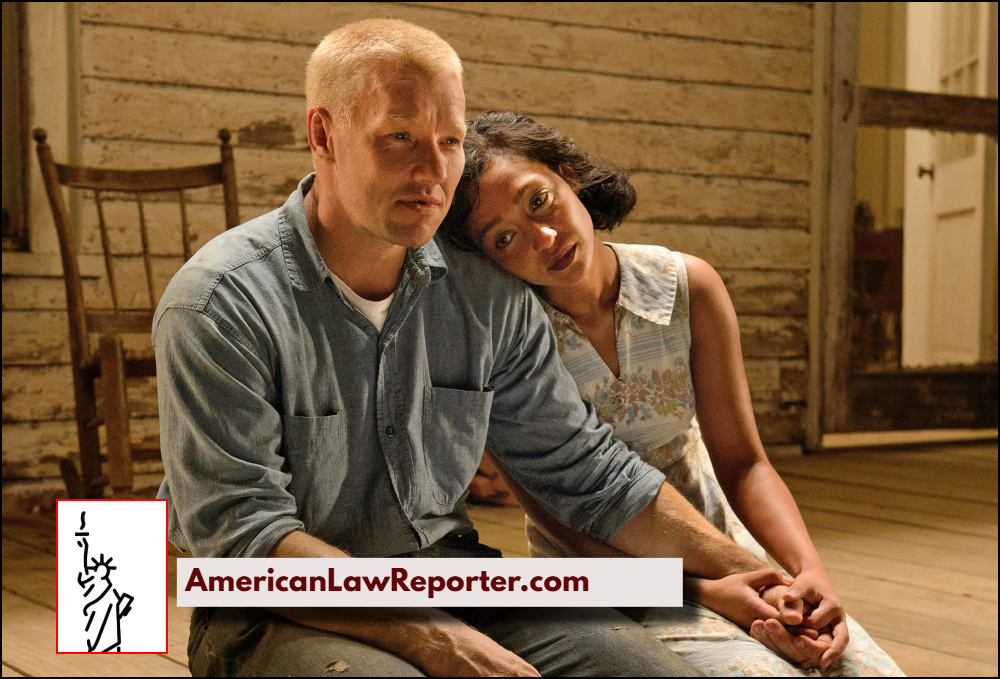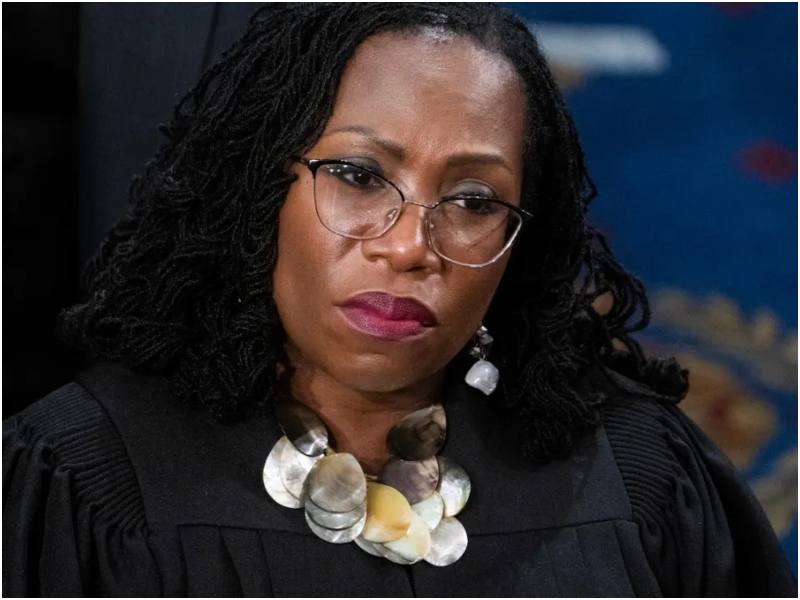Supreme Court
-
The battle over birthright citizenship—a constitutional right guaranteed under the 14th Amendment—has intensified following President Donald Trump’s first-day executive order to end citizenship for children born in the United States to undocumented or temporary status parents. The order, signed on Trump’s first day in office, sparked immediate legal challenges. Federal judges across the country issued…
-
President Donald Trump on Monday, August 25, signed an executive order that bans the burning of the American flag, setting up what legal scholars expect will be an immediate and contentious constitutional battle. The order directs the U.S. Department of Justice to investigate and prosecute instances of flag burning, imposing a mandatory one-year jail sentence…
-
The U.S. Supreme Court has agreed to hear Louisiana v. Calais, a case that voting rights advocates warn could significantly erode protections for minority voters under the Voting Rights Act of 1965. The announcement, which drew limited mainstream coverage, has sparked concern among civil rights groups and political analysts, who say the decision to take…
-
In the summer of 1971, the United States Supreme Court delivered a landmark ruling that would forever reshape the relationship between the press and the federal government. The case, New York Times Co. v. United States, better known as the Pentagon Papers case, tested the limits of the First Amendment and government power. At the…
-
Supreme Court Justice Clarence Thomas is once again leading the charge to curtail a key provision of the landmark Voting Rights Act (VRA), a campaign he began over three decades ago. With a now-conservative-leaning Supreme Court, his long-held views may be closer than ever to becoming binding precedent. At the center of the current battle…
-
In the wake of the U.S. Supreme Court’s recent decision in CASA v. Trump, the once-universal guarantee of birthright citizenship is no longer assured nationwide. Instead, the constitutional right, long enshrined in the 14th Amendment, is now protected only in the 24 states that filed legal challenges against former President Donald Trump’s executive order to…
-
In the early morning hours of July 11, 1958, sheriff’s deputies stormed into the home of Mildred and Richard Loving in Central Point, Virginia. Their crime? Being married. The Lovings, a Black woman and a white man, had traveled to Washington, D.C. to legally wed but returned to Virginia, where interracial marriage was still a…
-
In a legally and morally charged decision, the Trump administration deported eight foreign nationals held in Djibouti to South Sudan last Friday evening, despite their lawyers’ warnings that the men face a high risk of torture or death in the war-torn African nation. The move came just hours after U.S. District Judge Brian E. Murphy…
-
In a sharp dissent, Justice Ketanji Brown Jackson warns that a recent U.S. Supreme Court decision may place the president above the law, opening the door to unchecked executive power and threatening the constitutional rights of millions—particularly children of immigrants. In a ruling that may have long-lasting implications for the separation of powers and individual…
-
The U.S. Supreme Court heard pivotal arguments this week in a case that could reshape how executive orders are challenged in federal court—and potentially redefine the power of individual federal judges across the country. At the heart of the debate: whether nationwide injunctions—court orders that block a law or policy across the entire U.S.—should be…

